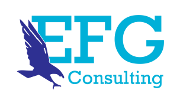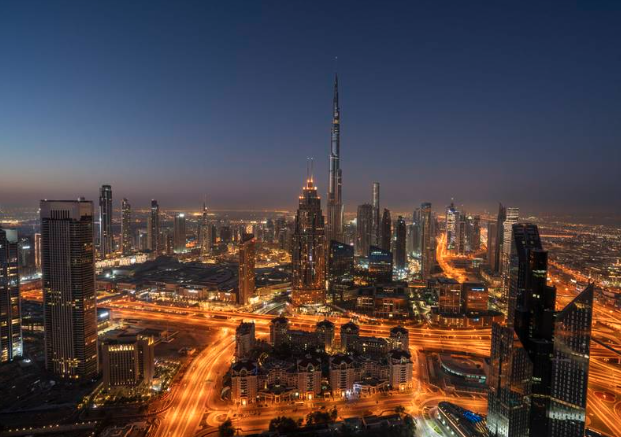The rate of job creation in August was the quickest since 2022
Business activity in Dubai’s non-oil private sector economy climbed to a 38-month high as demand growth strengthened and input costs fell at record pace.
The emirate’s headline seasonally adjusted S&P Global purchasing managers’ index rose to 57.9 in August, from 56.4 in July, its highest reading since June 2019.
A reading above the neutral 50 level indicates economic expansion while one below points to a contraction.
The reading indicated a marked improvement in non-oil operating conditions, and was above the long-run series average of 54.5.
“The latest PMI data suggested that input costs at Dubai non-oil businesses had swiftly changed their direction in August, falling for the first time since the start of 2021 and at the quickest pace since the survey began almost 13 years ago,” said David Owen, an economist at S&P Global Market Intelligence.
Lower costs were largely a reflection of the recent drops in commodity prices, with the moderation of fuel prices encouraging companies to reduce their output prices last month and driving up their sales to a 38-month high.
Oil prices have fallen by about 20 per cent since the beginning of June.
Input prices across all sectors covered by the survey declined in August, leading to a solid cut in overall cost burdens that was the quickest recorded in the series history.
This was a result of lower fuel prices, as well as a decline in raw material prices and transport costs.
The upturn in output encouraged renewed stockpiling of inputs and a pick-up in employment growth, which hit its highest in eight months despite the global economic uncertainty.
The rate of job creation in August was the quickest since 2022.
Of the three sectors monitored by the Dubai PMI survey, activity growth was strongest in the travel and tourism industry in August, followed by wholesale and retail. Travel and tourism posted the fastest rise in output in more than three years.
Dubai hosted 7.12 million international visitors in the first half of 2022, about three times the 2.52 million tourists recorded in the same period last year, as it pursues its goal to become the world’s most visited destination.
Expo 2020 Dubai helped the emirate to attract more visitors, along with various leisure and business events such as the Dubai Shopping Festival, the World Government Summit and the Arabian Travel Market.
The recent data brings the emirate closer to its pre-coronavirus pandemic levels of 8.36 million arrivals in the first six months of 2019, despite the slowdown in the global economy.
Dubai’s economy, which made a strong rebound last year from the coronavirus-induced slowdown, has carried the growth momentum into this year, supported by the resurgent travel and tourism sector and its rapidly improving property market.
The emirate’s economy grew 6.2 per cent in 2021, according to preliminary data from the Dubai Statistics Centre. In the first three months of this year, Dubai’s gross domestic product expanded 5.9 per cent, according to government data.
The UAE’s property sector continues to recover from the impact of the coronavirus pandemic on the back of government initiatives such as residency permits for retirees and remote workers, as well as the expansion of the 10-year golden visa programme and the economic boost generated by Expo 2020.
The value of property deals in Dubai more than doubled last year to break a 12-year record in terms of sales transactions, buoyed by demand in the secondary real estate market, according to listings portal Property Finder.
In July, Dubai recorded the highest number of sales transactions in the past 12 years, according to Property Finder.
“Overall the August survey data points to a strong third quarter for Dubai in terms of real growth,” said Emirates NBD chief economist Khatija Haque.
“We expect activity in the key tourism and retail sectors to be supported in the fourth quarter by World Cup visitors and a broad rebound in global travel.”
SOURCE: thenationalnews.com

